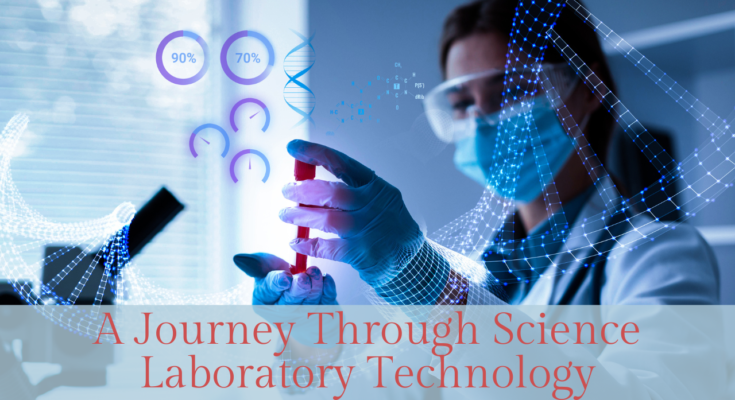A Journey Through Science Laboratory Technology:
Science Laboratory Technology is a foundation that is essential to unlocking new dimensions of discovery and fostering creativity in the vast field of scientific investigation. These laboratories are more than just actual locations furnished with common lab equipment, such as test tubes and microscopes; they serve as lively, dynamic centers of knowledge that are always humming with activity. Experiments take on life within their walls, giving life to the mysteries of the natural world’s mysteries. In essence, science laboratory technology extends beyond the walls of conventional labs and is essential to pushing the frontiers of scientific understanding and investigation.
This broad field emphasizes the useful application of scientific ideas and techniques in regulated laboratory settings. This extensive domain covers various tasks, from the detailed preparation and analysis of samples using specialized equipment and established procedures.
Laboratory technicians are essential in managing a range of scientific instruments, including microscopes, spectrometers, and chromatography systems, among others. Their role is vital in ensuring the proper operation of these tools in a laboratory setting.
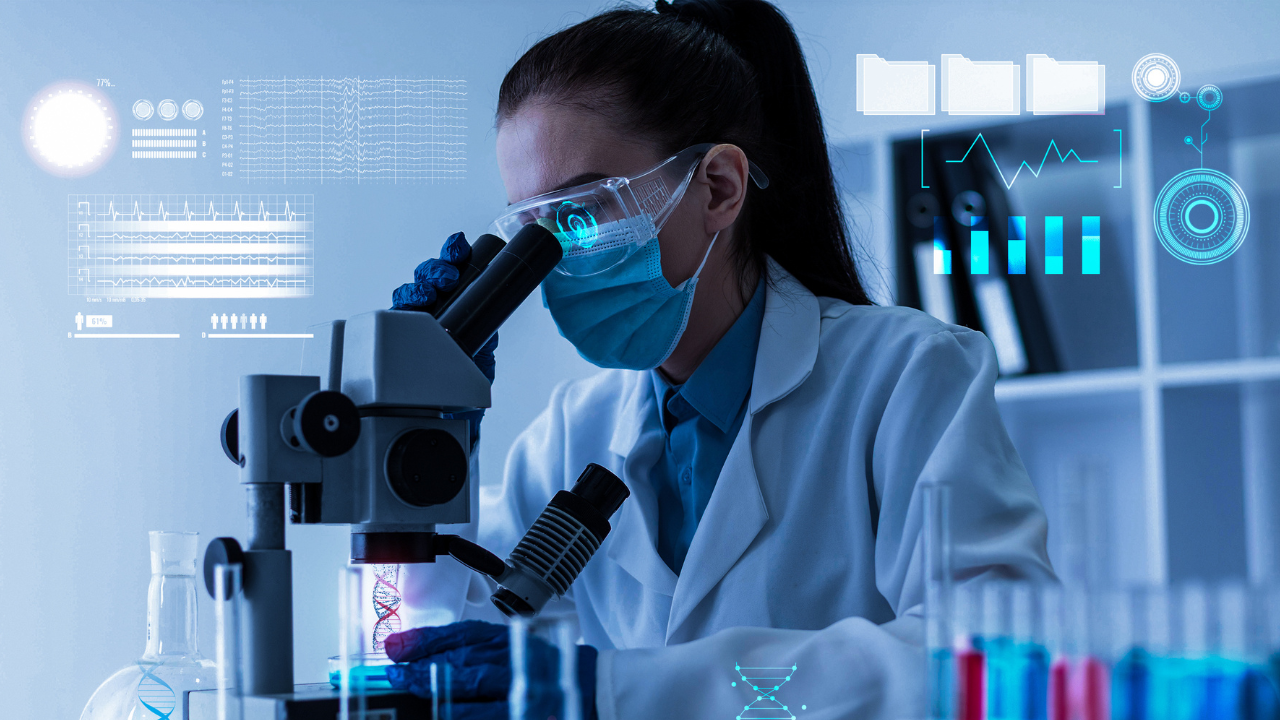
Apart from carrying out experiments, technicians have the vital task of taking care of the laboratory equipment. This includes careful calibration, frequent cleaning, and overall maintenance to guarantee the accuracy and dependability of experimental results. The meticulous task of preparing and maintaining comprehensive laboratory records is another integral aspect of their role. This includes documenting data, observations, and procedures with precision, adding a layer of significance to the overall scientific process.
A Historical Odyssey of Science Laboratories:
The developmental path of scientific laboratories has been characterized by noteworthy metamorphoses.
In the beginning, laboratories were basic and primitive, but now they’ve evolved into modern marvels with cutting-edge infrastructure. Technological progress hasn’t just made operations more efficient, but it has also boosted the accuracy and precision of experimental outcomes.
Key Features of Today’s Science Labs:
Central to any lab are the various tools and instruments it houses. Modern science labs boast a wide array of meticulously designed equipment, each serving a specific purpose. Ensuring the safety of personnel is a top priority, and labs implement stringent safety measures to minimize risks associated with experiments.
The Catalysts Behind Successful Experiments:
Science Laboratory Technologists:
The success of every experiment owes much to the expertise of Science Laboratory Technologists. These dedicated professionals play a crucial role in ensuring the careful execution of experiments, thorough data analysis, and the overall smooth functioning of the laboratory. Their impact extends beyond the lab, leaving a lasting mark on extensive research and development efforts.
Maintaining Integrity:
In laboratory settings, ensuring the accuracy and reliability of research outcomes is vital, emphasizing the importance of quality assurance. This is achieved through strict adherence to established standard operating procedures, regular audits, and the implementation of stringent measures. Together, these practices uphold the highest standards in experiment conduct, contributing to the overall credibility of scientific investigations.
Technological Advancements Reshaping Labs:
The incorporation of automation and robotics in labs has brought about a significant transformation in scientific practices. This infusion of technology not only speeds up experiments but also reduces the chances of human error. Additionally, the rise of data analytics has become crucial, allowing profound insights to be extracted from the vast pool of experimental data. Overall, these advancements contribute to a more efficient and precise scientific research environment.
Navigating Challenges:
Despite technological progress, Science Laboratory Technologists face challenges, notably financial constraints that often limit their access to cutting-edge equipment essential for experiments. Keeping pace with rapidly evolving technology requires a persistent commitment to ongoing learning and adaptability. Staying informed about the latest advancements is crucial for their effectiveness in the laboratory.
Educational Paths:
Aspiring individuals entering the dynamic field of Science Laboratory Technology are encouraged to understand the various educational avenues available to them. This journey involves grasping academic prerequisites, delving into specialized areas of study, and exploring numerous career opportunities for those propelled by a profound passion for scientific inquiry.
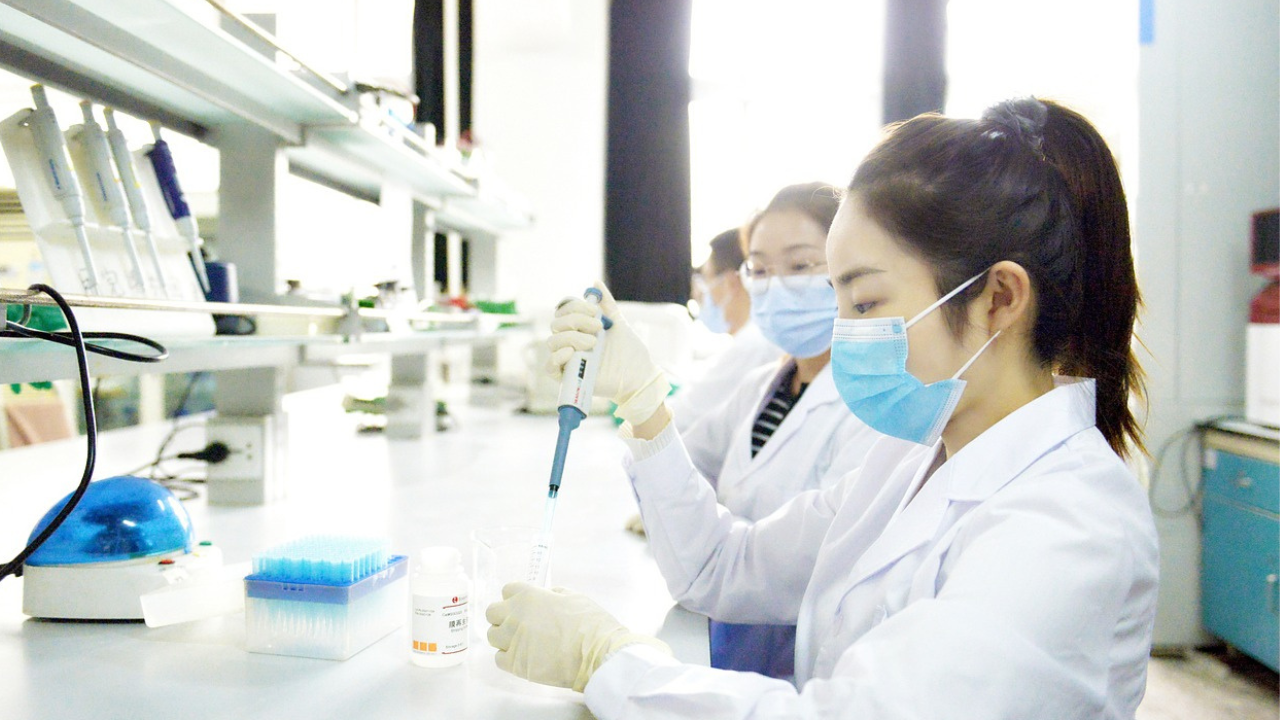
A Journey Through Science Laboratory Technology
pathways unveils itself across various sectors:
| Skill/Qualification | Description |
|---|---|
| Strong Scientific Foundation | A profound understanding of scientific principles and concepts in relevant disciplines, such as biology, chemistry, or environmental science, is fundamental for successful work in a laboratory setting. |
| Technical Expertise | Proficiency in operating laboratory equipment, including microscopes, spectrometers, chromatography systems, and other specialized instruments, is essential for efficient and accurate work. Additionally, understanding instrumentation principles and following established protocols are crucial for reliable results. |
| Excellent Communication and Documentation Skills | Clear and concise communication of results through written reports and presentations is vital for effectively conveying information to scientists, researchers, and other stakeholders. Strong documentation skills are necessary for maintaining accurate records of experiments and procedures. |
| Critical Thinking and Problem-Solving Skills | The ability to analyze data, identify problems and potential errors, and devise creative solutions is crucial for successful research and experimentation. Adaptability and responsiveness to unexpected challenges are also important qualities. |
| Attention to Detail | Meticulousness and accuracy are paramount to ensuring the reliability of results in laboratory work. This includes careful handling of samples, precise measurements, and adherence to established protocols. |
| Teamwork and Collaboration Skills | Science Laboratory Technologists often work alongside scientists, researchers, and other technicians. Effective communication, collaboration, and a positive attitude towards teamwork are essential for fostering a productive and collaborative environment. |
3.Labs for Forensic Science:
When it comes to examining evidence gathered from crime scenes at forensic science labs, the cooperation of forensic scientists and technicians is essential. Laboratory technicians are essential to the testing and examination processes that are vital to the resolution of criminal cases.
4.Research Institutions:
Universities and research institutions that conduct studies in a variety of scientific fields, including biology, chemistry, and physics, greatly benefit from the expertise of laboratory technicians. These professionals actively contribute to the advancement of knowledge by conducting careful experiments and in-depth analysis.
5.Hospitals and Clinics:
Laboratory technicians are essential to the healthcare industry since they actively participate in patient care. They are responsible for carrying out several tests and evaluating samples for medical diagnosis and treatment. This crucial function aids medical practitioners in making well-informed decisions regarding patient health and treatment plans.
Global Interconnectedness:
Science Laboratory Technology has a global influence because of a collaborative atmosphere that encourages the sharing of resources and ideas. An international network of laboratories makes it possible to tackle problems collectively that transcend national borders. Global scientific laboratories engage in a dynamic interchange that fosters global understanding and the development of novel solutions. This global community bridges boundaries to promote a common goal of excellence in scientific research and technology innovation. It also amplifies the impact of cooperative efforts and shares scientific discoveries.
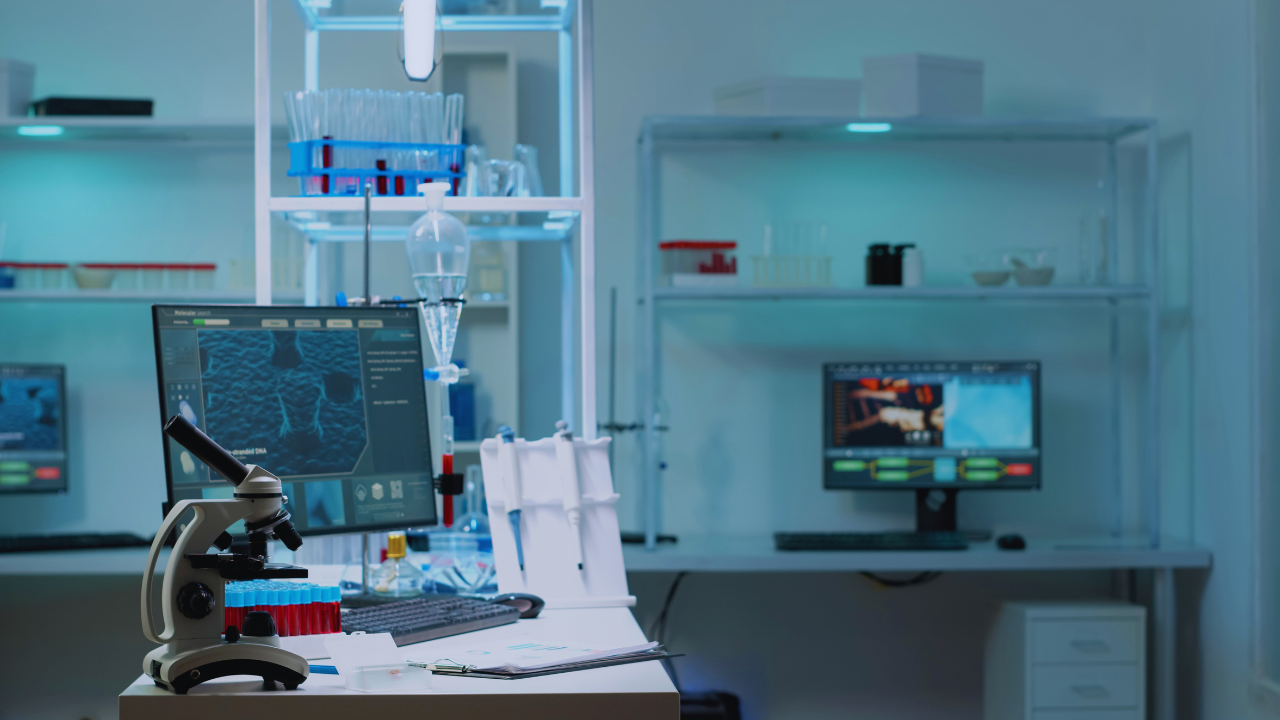
Ethical Considerations in Laboratory Experiments:
As custodians of scientific knowledge, laboratory technologists play a pivotal role in upholding strict ethical standards. They are responsible for ensuring the ethical conduct of research, emphasizing the responsible and conscientious treatment of all individuals and entities involved in the scientific process. This entails a commitment to ethical practices, integrity, and adherence to established guidelines, thereby fostering the highest ethical standards within the scientific community.
The Horizon of Science Laboratory Technology Future Trends:
The trajectory of science laboratories in the coming years is intricately intertwined with the advancements in technology. The incorporation of artificial intelligence into laboratory workflows holds the potential to revolutionize and optimize various processes, promising increased efficiency and precision in scientific endeavors. Moreover, there is a noticeable shift towards prioritizing sustainability within laboratory practices, aligning them with overarching environmental objectives. This growing emphasis on sustainability encompasses eco-friendly laboratory designs, energy-efficient equipment, and the adoption of environmentally conscious practices, reflecting a commitment to minimizing the ecological footprint of scientific research. As laboratories increasingly embrace these technological and environmental considerations, the future landscape of scientific exploration is poised to be more sophisticated, efficient, and ecologically responsible.
Real-world Implications:
The findings generated through laboratory research have a profound impact that transcends the confines of scientific publications, resonating across diverse domains such as medicine, environmental science, and numerous other fields. These discoveries serve as catalysts for breakthroughs, driving advancements that shape our understanding and application of knowledge in impactful ways beyond the realm of academic discourse.
Champions of Discovery, Success Stories in Science Laboratory Technology
Detailed Revision: Portraits of influential laboratory technologists serve as poignant reminders of the indispensable human touch driving scientific advancements. These profiles illuminate the intricate stories and personal journeys that contribute to breakthroughs, instilling a profound sense of inspiration in the burgeoning minds of the next generation of scientists. These narratives not only celebrate the achievements but also underscore the passion, dedication, and resilience that propel transformative discoveries forward.
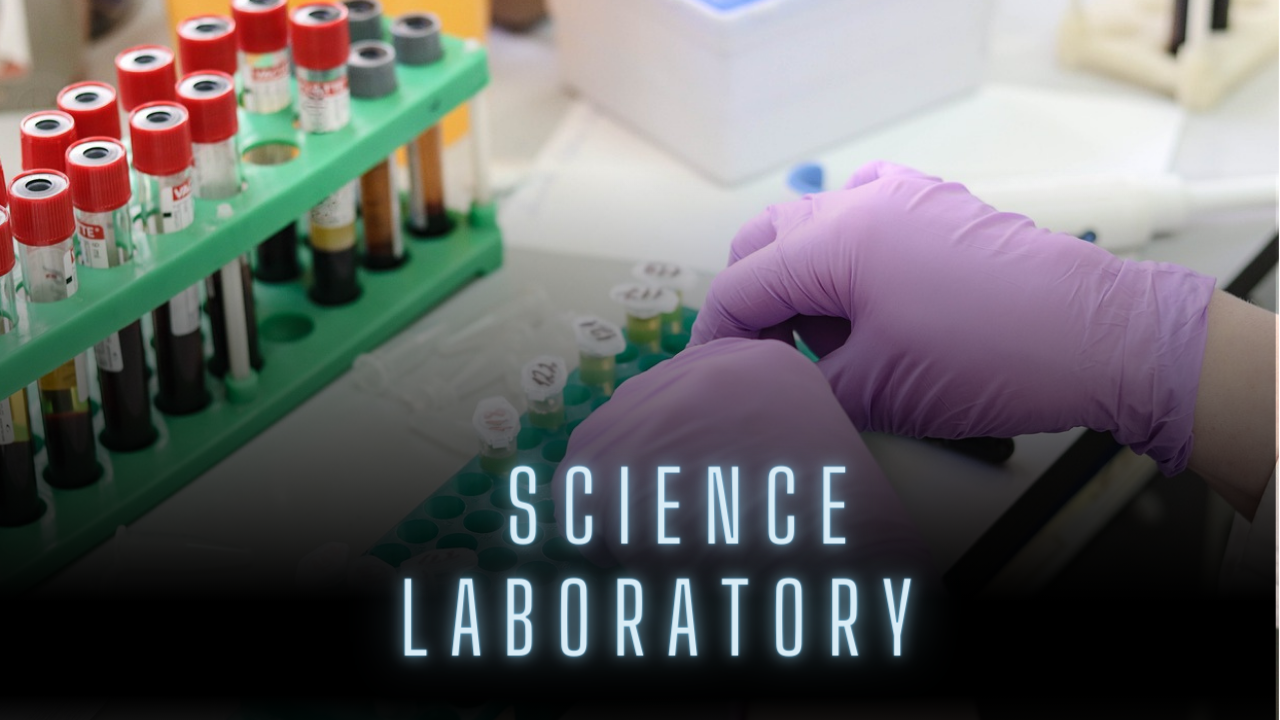
The Future of Scientific Discovery
Facilitating connections across diverse scientific fields and promoting collaboration between them plays a crucial role in fully realizing the possibilities of scientific exploration. Cultivating the intellectual growth of emerging talents in the realm of science is essential, as it guarantees a constant infusion of new viewpoints and inventive methodologies to address longstanding inquiries.
Conclusion:
The field of Science Laboratory Technology is characterized by its dynamic nature, constantly adapting to the evolving demands of the ever-changing scientific landscape. Laboratories and the professionals working within them play a crucial and irreplaceable role in advancing scientific knowledge. As we gaze into the future, the potential for groundbreaking scientific discoveries appears limitless. Despite the uncertainties ahead, the indispensability of Science Laboratory Technology and its practitioners is set to persist, ensuring that they continue to contribute significantly to the progress of scientific exploration and understanding.
